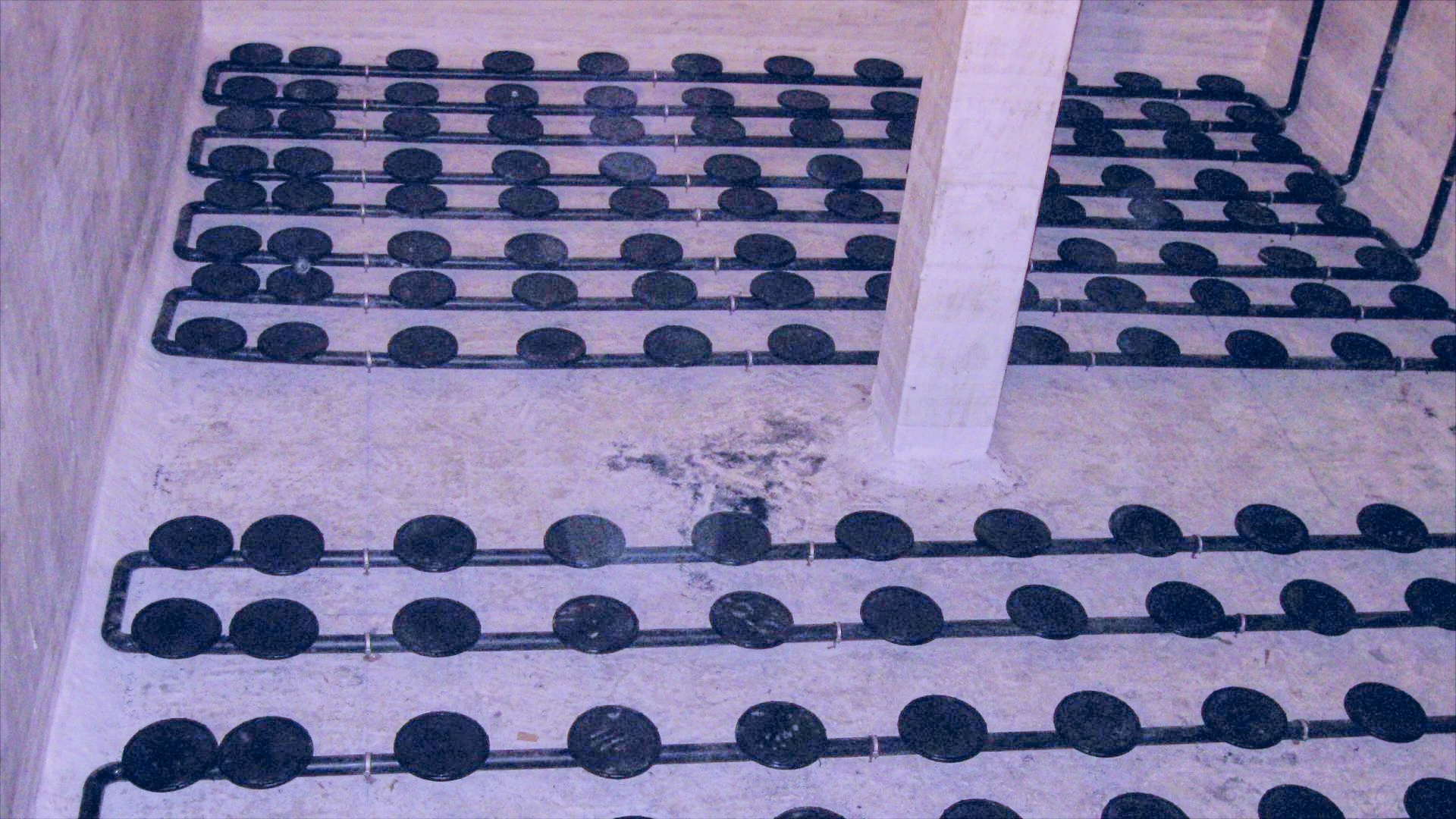FBR

In industrial water treatment, FBR stands for “fixed bed reactor” or fixed bed reactor. This is a type of biological reactor that is used to treat municipal or industrial wastewater through the use of microorganisms fixed on a solid support material.
How an FBR works:
- Backing material: In FBR, microorganisms are settled on a solid plastic carrier material. These materials offer a large surface area for biomass adhesion — even more surface area compared to MBBR.
- Biodegradation: Wastewater flows through the fixed bed, and the microorganisms settled on it break down the organic pollutants. The treatment can be carried out aerobically or anaerobically, depending on the type of biological processes that are suitable for the specific type of wastewater and the pollutant composition.
- Continuous operation: Unlike in a batch system such as SBR, the FBR typically works continuously, which makes it particularly suitable for industrial companies with a constant amount of waste water.



The FBR — benefits at a glance
FBR in detail
Build in a fixed bed reactor microorganisms A variety of plastic carriers organic pollutants from, below carbohydrates, proteins, fats, ammonia, nitrogen compounds, phosphorus as well as various soluble organic compounds such as pesticides and pharmaceuticals.

Downloads
More Products






